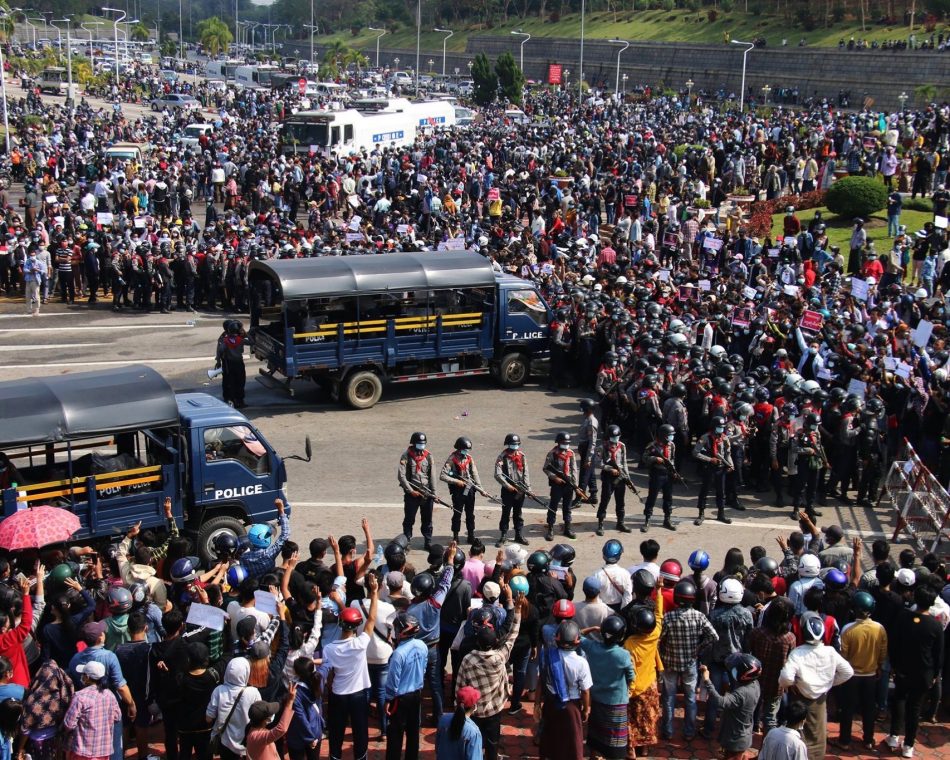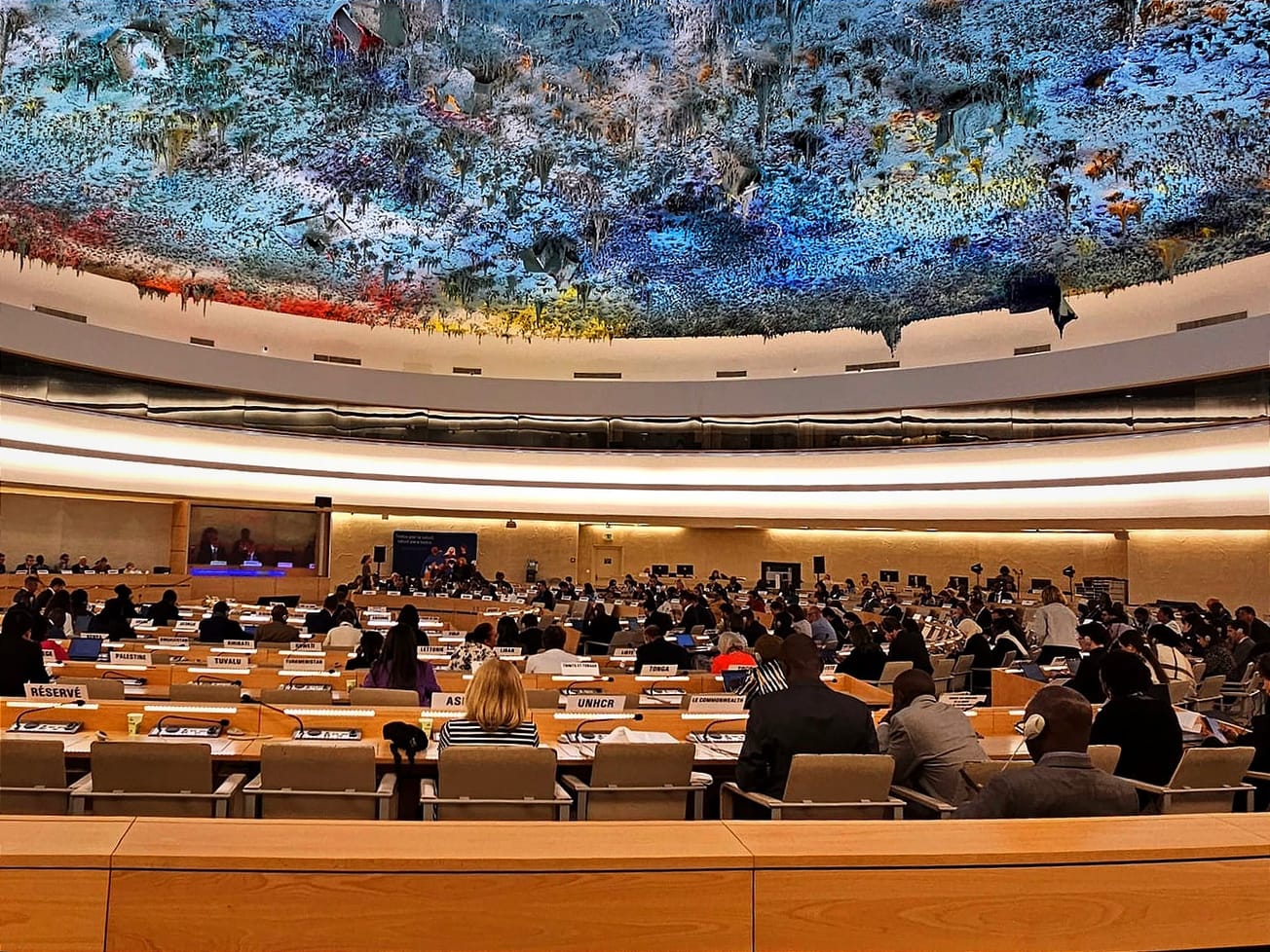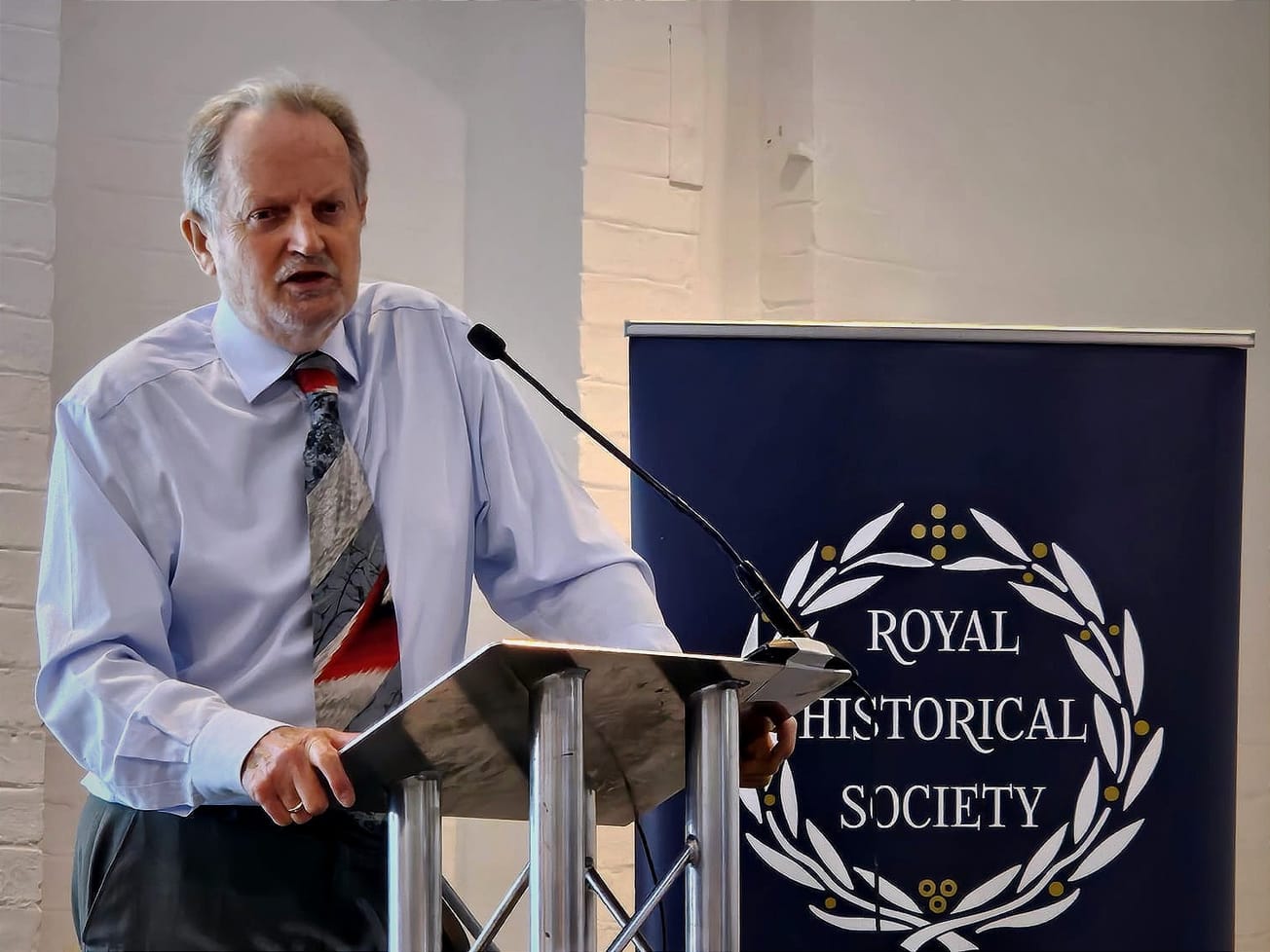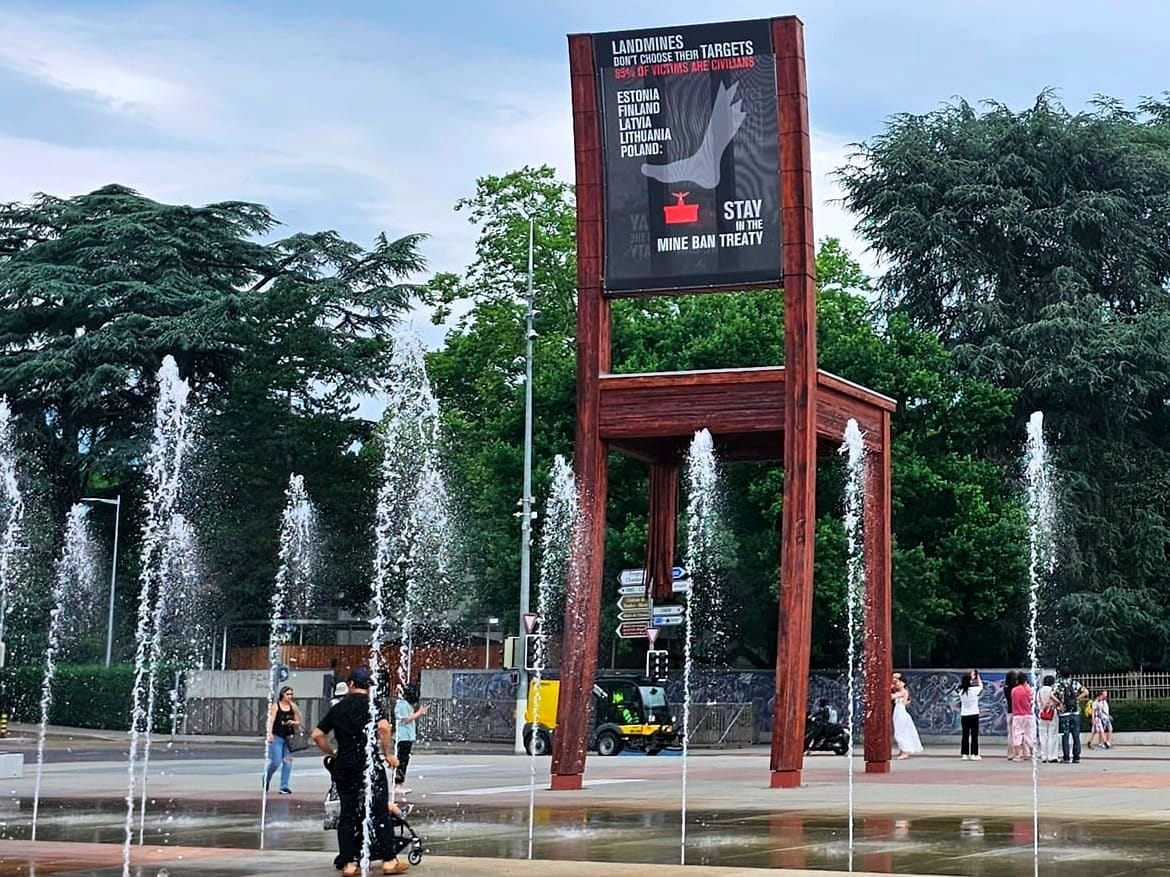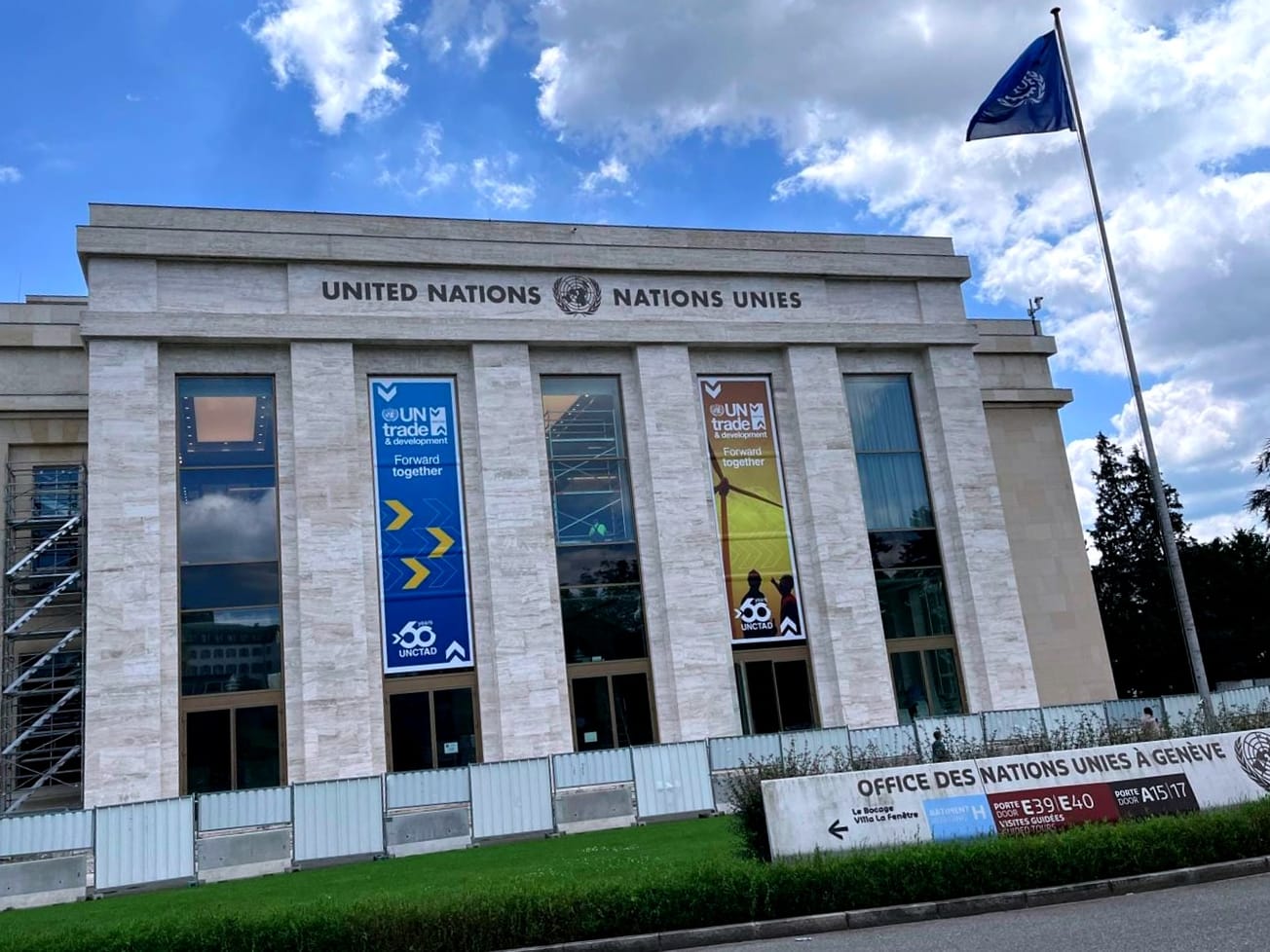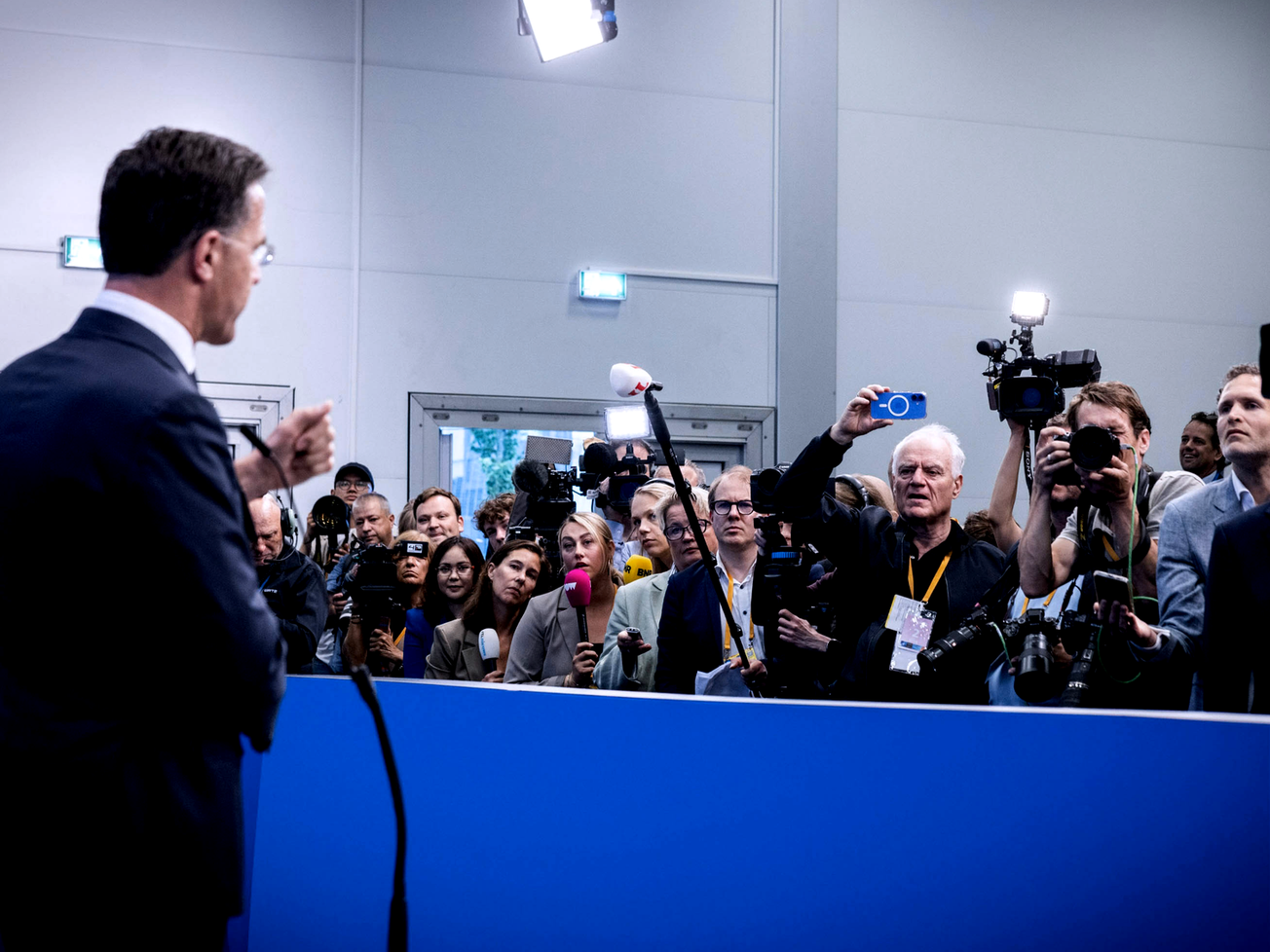GENEVA (AN) — Myanmar's military coup drew widespread criticism from the U.N. Human Rights Council on Friday in a resolution that demands the immediate release of Aung San Suu Kyi and restoration of civilian rule.
The Geneva-based council of 47 member nations, which adopted the resolution by consensus, urged Myanmar's military to release Suu Kyi and other leaders detained in the coup at the start of this month.

